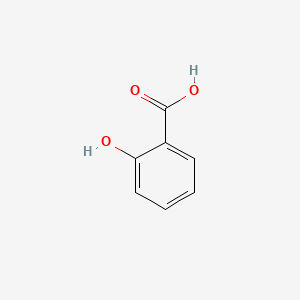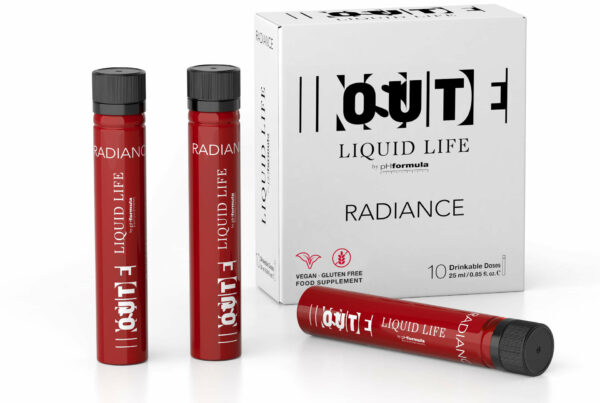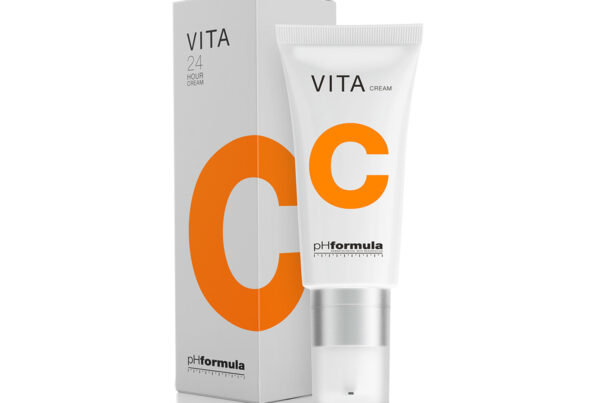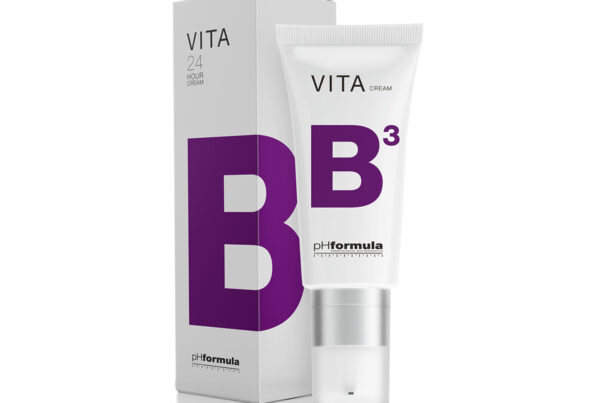Salicylic Acid
Salicylic acid (from the latin word for the willow tree, salix, from whose bark it can be obtained) is a beta-hydroxy acid (BHA) where the OH group is adjacent to the carboxyl group. Salicylic acid works by softening keratin, the protein which forms the stratum corneum – making it a highly effective keratolytic.
This helps to loosen dry, scaly skin, making it easier to remove. When salicylic acid is used in combination with other actives, it takes the upper layer off of the corneum – allowing the additional ingredients to penetrate more effectively.
Keratolytic:
Salicylic acid is a keratolytic agent that is commonly used in skincare to treat a variety of skin conditions. Keratolytic agents work by breaking down the protein keratin, which is a major component of the outer layer of the stratum corneum. Salicylic acid achieves this by penetrating the skin and dissolving the desmosomal bonds ( the intercellular “glue” that holds dead skin cells together), allowing them to be easily sloughed off.
The keratolytic effect of salicylic acid makes it a valuable treatment for conditions such as acne, psoriasis, and warts. By removing the outer layer of dead skin cells, salicylic acid can help to unclog pores, reduce inflammation, and promote the growth of new, healthy skin. In addition, salicylic acid has been shown to have anti-inflammatory and antimicrobial properties, which can further benefit the health of the skin.
One potential side effect of using salicylic acid as a keratolytic agent is skin irritation, particularly for individuals with inflammatory skin. However, when used properly and under the guidance of a specialist, salicylic acid can be an effective and safe treatment for a variety of skin conditions.
Sebostatic:
Salicylic acid also has sebostatic properties, which means it can help regulate sebum production in the skin. Sebum is an oily substance produced by the sebaceous glands in the skin, and when it is overproduced, it can lead to oily skin, acne, and other skin concerns.
Salicylic acid works by reducing the production of sebum and normalising the sloughing of skin cells, which can help to prevent the clogging of pores and the formation of acne. It achieves this by inhibiting the activity of an enzyme called 5-alpha-reductase, which is involved in the production of sebum. By reducing the activity of this enzyme, salicylic acid can reduce the amount of sebum produced by the sebaceous glands, resulting in less oily skin. By regulating sebum production and reducing inflammation and bacteria, salicylic acid can help to promote clearer, healthier skin.


Skin Brightening:
Salicylic acid has the ability to address hyperpigmentation and brighten the skin through a number of molecular mechanisms. One of the key ways in which it does this is by penetrating the pores and dissolving the oil and dead skin cells that can lead to the development of hyperpigmentation. By removing these layers of dead skin cells, salicylic acid can help to reveal the fresh, healthy skin beneath and reduce the appearance of dark spots and other forms of hyperpigmentation.
Salicylic acid can also act as a tyrosinase inhibitor, which means that it can block the enzyme responsible for producing melanin, the pigment that gives colour to the skin. By inhibiting tyrosinase, salicylic acid can reduce the amount of melanin produced by the skin and thereby reduce the appearance of dark spots and other forms of hyperpigmentation.
In addition, salicylic acid can increase the turnover rate of skin cells, which can help to fade hyperpigmentation and brighten the overall complexion. By promoting the shedding of old, pigmented skin cells and stimulating the growth of new, healthy skin cells, salicylic acid can help to reduce the appearance of hyperpigmentation and improve the radiance and clarity of the skin.


Reduced Inflammation:
Salicylic acid has anti-inflammatory properties that make it an effective treatment for various inflammatory skin conditions, such as acne, psoriasis, and rosacea. These anti-inflammatory effects are mediated by several mechanisms at molecular level.
One of the primary ways in which salicylic acid reduces inflammation is by inhibiting the activity of enzymes called cyclooxygenases (COX). These enzymes are involved in the production of prostaglandins, which are signalling molecules that play a key role in inflammation. By inhibiting COX activity, salicylic acid can reduce the production of prostaglandins and thereby decrease inflammation.
Salicylic acid can also interfere with the activation of nuclear factor-kappa B (NF-κB), which is a transcription factor that regulates the expression of various genes involved in inflammation. When NF-κB is activated, it triggers the production of pro-inflammatory cytokines, such as tumor necrosis factor-alpha (TNF-α) and interleukin-1 beta (IL-1β). Salicylic acid can prevent the activation of NF-κB and thus reduce the production of these cytokines, leading to a decrease in inflammation.
Another way in which salicylic acid can reduce inflammation is by modulating the expression of adhesion molecules, which are proteins that allow immune cells to attach to and migrate across the blood vessels in response to inflammation. By reducing the expression of these molecules, salicylic acid can decrease the infiltration of immune cells into inflamed tissues and thereby reduce inflammation.
Improves Efficacy Of Other Ingredients:
Salicylic acid can improve the efficacy of other ingredients by enhancing their penetration and absorption into the skin. It achieves this by acting as a solubiliser, which means that it can dissolve and break down certain substances that might otherwise be too large or hydrophobic to penetrate the skin. This makes it easier for other active ingredients to be absorbed and reach their target within the skin.This is particularly beneficial for ingredients that target specific skin concerns, such as hyperpigmentation, wrinkles, or acne. By enhancing the penetration of these active ingredients, salicylic acid can improve their effectiveness and lead to better results.
On a molecular level, salicylic acid can interact with the lipids in the stratum corneum and disrupt their organisation. This can increase the fluidity of the cell membranes and improve the diffusion of other substances through the skin. In addition, salicylic acid can increase the pH of the skin, which can enhance the absorption of certain ingredients.
Conclusion:
Salicylic acid is a highly effective ingredient in skin resurfacing treatments. Its exfoliating properties help to remove dead skin cells and reveal fresh, new skin underneath. It also has acne-fighting properties, can brighten the skin, reduce inflammation, and improve the absorption of other skincare products. With all these benefits, it’s easy to see why salicylic acid is a popular choice for skin resurfacing treatments. If you’re considering a skin resurfacing treatment, talk to your dermatologist about using salicylic acid as part of your treatment plan.
Skincare Education
Book your skincare education and discover the science behind pHformula.



